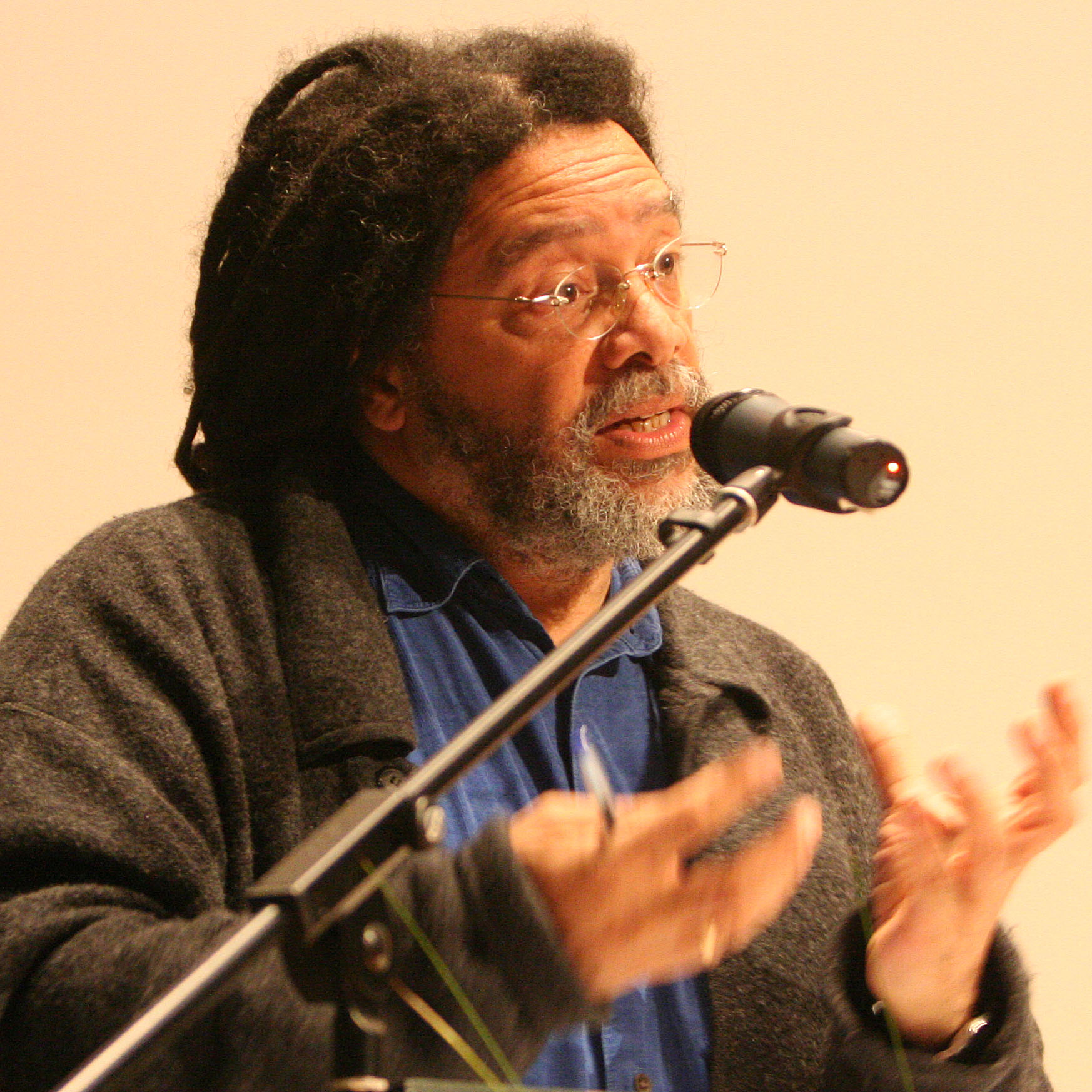 Paul Gilroy is the keynote speaker today. He is a lecturer on the London School of Economics and a sociologist. The title of his lecture is Multiculture and Conviviality in Postcolonial Europe. The auditorium is completely booked out. It is noticeable that had lectured before. He talks in a nice clear voice, enthusiastic but under control and pauses sometimes. The transparency was welcome, because his lecture is full of information, which passes in a steady rhythm.
Paul Gilroy is the keynote speaker today. He is a lecturer on the London School of Economics and a sociologist. The title of his lecture is Multiculture and Conviviality in Postcolonial Europe. The auditorium is completely booked out. It is noticeable that had lectured before. He talks in a nice clear voice, enthusiastic but under control and pauses sometimes. The transparency was welcome, because his lecture is full of information, which passes in a steady rhythm.
“The twenty first century of multiculturalism experiences is over”, Paul Gilroy starts with. “Any immigrant or ‘allochtoon’ (Dutch word for immigrant with a slightly different definition, that’s why he adds it in) can be or become a terrorist. The white majority is hurt by this”, he continues, “They have a high idea of sameness, a fantasy where they base nationalities on. It conflicts if immigrants do not fit into that sameness.”
But it is not only because of the immigrants not participating that they can not fit in to the ‘sameness’. Experiments which try to cause that, fail because of political correctness and ethic-historical issues. “Outsiders in Europe are not integrated but not assimilated either, governments say”, says Paul Gilroy. “So we need to try to identify the moment of assimilation or integration to discover the differences. With those differences we can show different views of immigration. And rather in a cultural than a political way.”
 Hypernationalism is not something that should happen. Paul Gilroy: “When people hypernationalise they only associate with the people that resemble themselves. It’s clustering. Only nationalities chosen worthy are picked, hung on to as property. Culture supplies are a watchdog for clustering. Do not cluster and hypernationalise, accept the different supplies.”
Hypernationalism is not something that should happen. Paul Gilroy: “When people hypernationalise they only associate with the people that resemble themselves. It’s clustering. Only nationalities chosen worthy are picked, hung on to as property. Culture supplies are a watchdog for clustering. Do not cluster and hypernationalise, accept the different supplies.”
Paul Gilroy continues about culture. “Culture talk is a shadow land momentarily embedded in beliefs. In the nineteenth century we did not want diversity. Different cultures were unbridgeable, nothing to do about it. Some people from the now look in nostalgia back to this, they see plurality and diversity only create catastrophes and violence. Those people think a monoculture would be better. It shows that culture is both problem and solution.”
After an hour Paul Gilroy begins his speech about an other part of his lecture title: post-colonialism. “The world is not a blank sheet for us. We need to ventilate. But the idea that colonial history might help today’s politics is found absurd. While the refusal of racial hierarchy could deepen democracy.” He gives an example about the present generation with slave heritage asking for apologies from the Queen and Tony Blair. “I would love to hear that, and it admits something. But why are they asking for it, are they still immigrants and different? The immigrant is not like a local because he talks different, he did not fight in the war, he works too cheap. Even when they talk like the locals, they stay avatars of insecureness. There is a great need to specify what you need to be to be European.”
Paul Gilroy has a lot more of examples and theories. He quotes Freud and others and takes his time to answer the nine questions asked. A tough lecture, but a very interesting one. Thank you’s and a long applause end the morning.